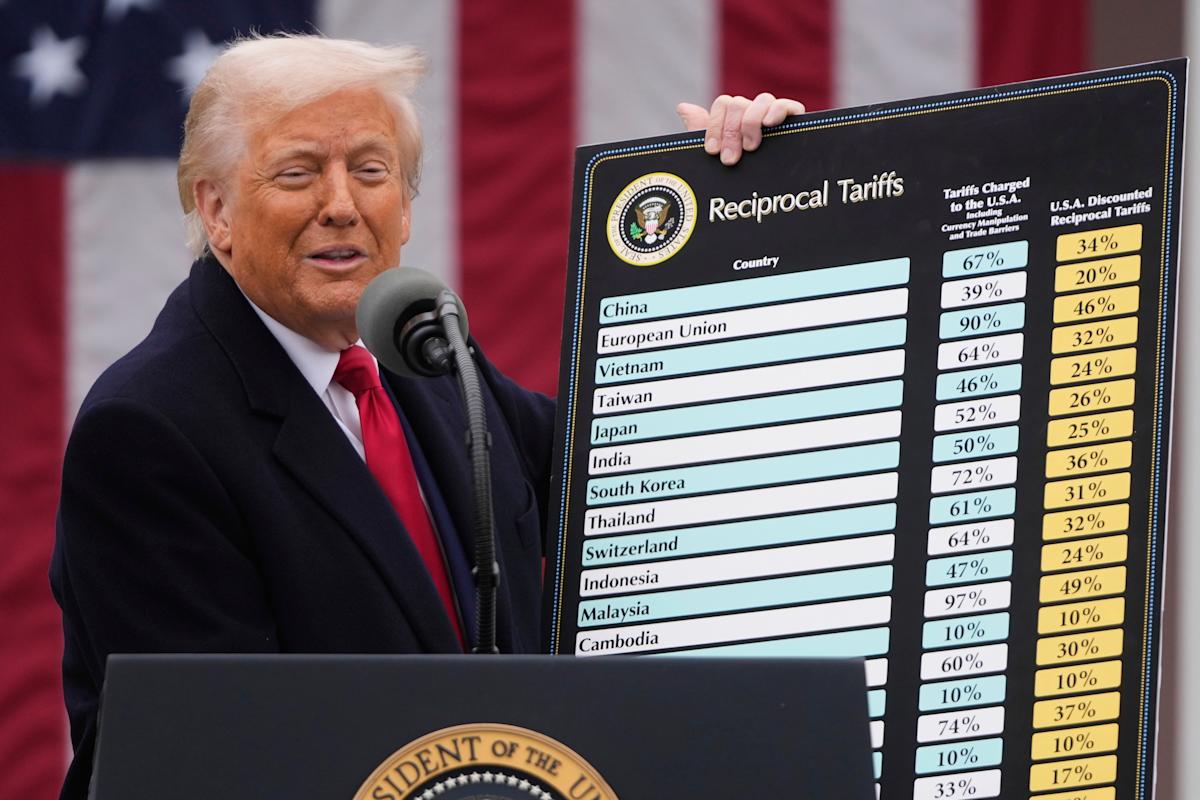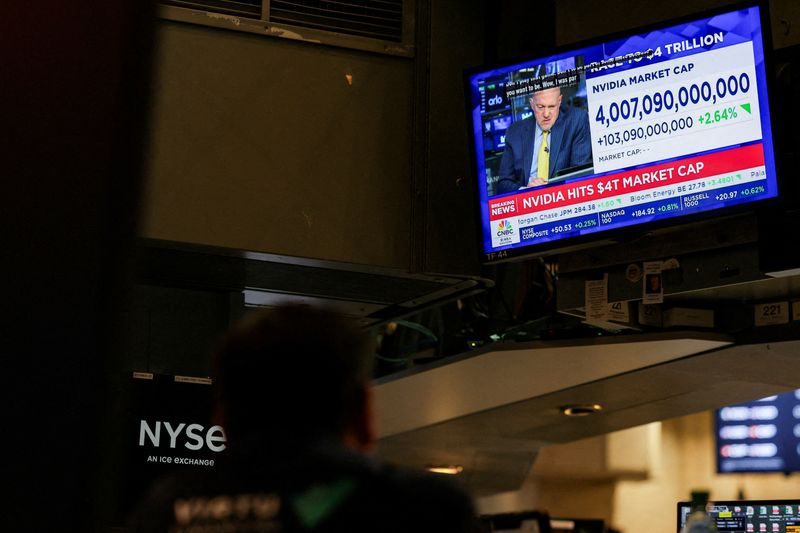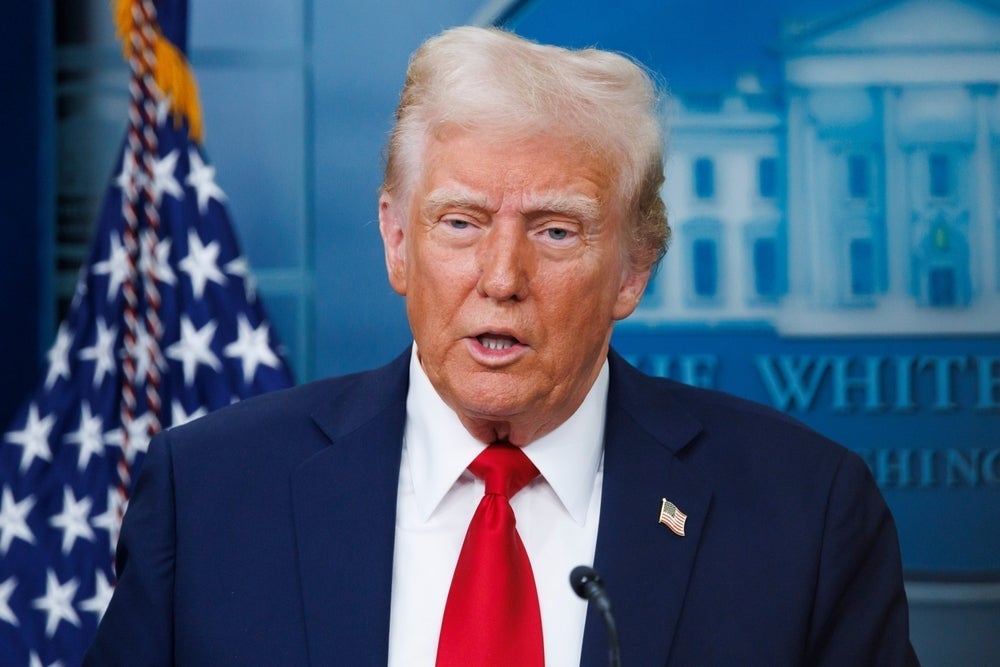
Trump’s Isolation Strategy Targets China Tariffs
Trump Administration’s Isolation Plan
The Trump administration has initiated a strategic campaign aimed at rallying U.S. trading partners to economically isolate China. This approach involves leveraging negotiations with over 70 countries to secure commitments that limit their economic engagement with Beijing in exchange for reduced U.S. tariffs. The administration believes that a collective international front could pressure China to reassess its trade practices and come to the negotiating table.
The plan is reportedly designed to create a trade environment where countries are incentivized to favor U.S. trade relationships over those with China. By offering reduced tariff barriers, the U.S. seeks to strengthen alliances and diminish China’s global economic influence.
Key Measures and Objectives
The administration’s strategy emphasizes several key measures to achieve its goals. Firstly, it aims to block Chinese firms and goods from entering the economies of partner nations. This includes discouraging nations from allowing Chinese companies to establish operations within their borders or import low-cost industrial goods produced in China.
Additionally, the plan seeks to disrupt Chinese shipping routes and reduce the flow of critical Chinese exports, such as semiconductors and industrial materials. These commitments, tailored individually to each country based on their level of economic interdependence with China, are expected to serve as leverage to force Beijing into renegotiating trade terms with the U.S.
Recent Developments in U.S.-China Trade Relations
Treasury Secretary Scott Bessent has taken a leading role in advancing the administration’s trade agenda. During a recent meeting with President Trump, Bessent proposed the isolation strategy, which aligns with the broader U.S. effort to recalibrate its economic ties with China. The administration has also announced a 90-day pause on reciprocal tariffs to allow time for negotiations with other nations.
In a statement this week, the White House reiterated that the “ball is in China’s court,” indicating that Beijing needs to make concessions for any progress in trade discussions. This comes amid ongoing tensions, with China facing a cumulative tariff rate of up to 245% on its exports to the U.S. as a result of retaliatory actions. The administration’s firm stance underscores its commitment to achieving "trade fairness" and addressing long-standing trade imbalances.
 Sources
Sources- Trump admin planning isolate China tariff pressure campaign
 fox
fox - China Open Talks Shows Respect, Names Point Person
 yahoo
yahoo - Trump tariffs live updates: China signals readiness talks shows respect amid 'numbers game'
 yahoo
yahoo
- Trump admin planning isolate China tariff pressure campaign
 fox
fox - China Open Talks Shows Respect, Names Point Person
 yahoo
yahoo - Trump tariffs live updates: China signals readiness talks shows respect amid 'numbers game'
 yahoo
yahoo




